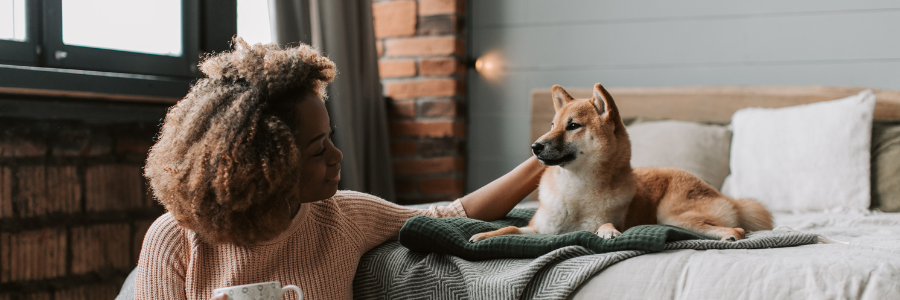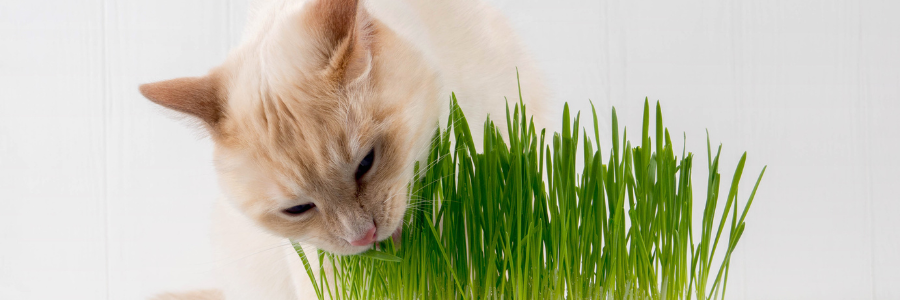Address: 4351 Burnside Line Severn, Ontario | Phone: (705) 325-2279
Clinic Hours
Monday: 8:00 am - 07:00 pm
Tuesday: 8:00 am - 04:00 pm
Wednesday: 8:00 am - 05:00 pm
Thursday: 8:00 am - 04:00 pm
Friday: 8:00 am - 04:00 pm
Saturday: Closed
Sunday: Closed
© Copyright 2024 | All Rights Reserved | Pine Grove Veterinary Hospital






